1930 Model A Tudor Sedan Rolling Chassis
- Condition: Used
- Make: Ford
- Model: Model A
- Type: Rolling Chassis
- Trim: Rolling Chassis
- Year: 1930
- VIN: A4746971
- Engine size: 4-cylinder
- Fuel: Gasoline
- Drive type: 3-speed
- Vehicle Title: Clear
- Interested?
1930 Ford Model A Description
Presented here today is a gorgeous 1930 Ford Model A Rolling Chassis. This vehicle was purchased to be a project car for the collection owner's son, who doesn't have the time for the project and hates to see it sitting around, begging to be completed. We would love to see this beauty go to a home where it could find its second life.
Henry Ford was always convinced that people would be satisfied with a simple and economic car. After producing more than 15 million Model Ts between 1908 and 1927, he was persuaded at the hand of his son, Edsel, to retool his assembly lines to produce the next Ford legacy: the Model A. The Model A plants would produce 5 million cars between 1928 and 1931. Henry and Edsel Ford collaborated on the Model A, putting to use Henry’s mechanical expertise and Edsel’s flare for design, bringing a whole new look to “The People’s Car”. The Model A quickly adopted the nickname “Baby Lincoln”, a snazzy version used by those in the industry. The Model A’s predecessor, the Model T, was nicknamed the “Tin Lizzie”.
During the production of the Model T, consumers were chomping at the bit to see what Ford would come up with next. Many consumers postponed purchasing a new car until they knew what Ford was going to be bringing to the table. This drop in sales created an unexpected loss within the company, and, during this waiting period, thousands of Ford employees were temporarily laid off until the factories reopened.
Technological improvements were plentiful with the transition from Model T to Model A. While some “old-school” technologies were retained, such as the Conestoga-wagon transverse semi-elliptical suspension, many new advancements were incorporated. The Model A would include a water pump, an oil pump, and hydraulic shock absorbers. The 2-speed planetary transmission would be replaced by a modern 3-speed gear box. The new gear box would require the driver to master the double-clutching technique, as it was not synchronized. The carburetor would newly be gravity fed, eliminating the need for a fuel pump, and because the gas tank was relocated to be immediately behind the rudimentary instrument panel, the driver could now determine the fuel level by peeking through a small window. Brakes would be installed on all four wheels, and would be actuated by steel rods. Henry Ford would insist that the brakes remain mechanical, rationalizing that a single small leak could incapacitate the entire hydraulic system, but it would be much more unlikely for all four steel rods to break simultaneously.
Under the hood you would see a 4-cylinder, 200.5 cubic inch engine, producing 40 horsepower. Cruising speeds of 40-45 mph would be easily reached, with a top speed of 65 mph. The compression ratio would be kept low (4:22/1); this would lower horsepower output/speed, but would allow the use of lower grade fuels.
The wheelbase is 103.5 inches, and track is 56 inches. Factory weight would vary from 2.050 to 2,386 pounds, depending on the model. Many cosmetic enhancements were made in the transition from T to A, but the rolling chassis offered here today is yours to decide what body style it will be.
Vehicle will be sold AS-IS and serious buyers are welcome and encouraged to schedule a time to look at vehicle. Upon winning bid full-payment is required within 48hrs, and buyer is responsible for shipping and associated costs. We reserve the right to end the auction at any time, as this vehicle is also listed locally.
Please note: This vehicle is being sold from a private, climate-controlled museum facility and has been loved and adored for all of its years with our collection by both visitors and the maintenance and management personnel of the facility daily. Please call with any questions. If I don't know the answer, I will contact the collection owner for verification and will gladly return your call.
With any questions or comments, please reach out to me, Dani, at (417)664-1842 or message me here through eBay at ClassicCarsByDani. Thank you so much for your interest!
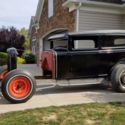 ** 1930 FORD MODEL A AV8 TUDOR SEDAN 1932 CHASSIS HOT STREET ROD SCTA TROG HAMB
** 1930 FORD MODEL A AV8 TUDOR SEDAN 1932 CHASSIS HOT STREET ROD SCTA TROG HAMB
Mileage: 99,999,999
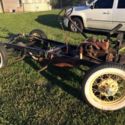 1930 Ford Model A - Rolling Chassis with Engine and Transmission
1930 Ford Model A - Rolling Chassis with Engine and Transmission
Mileage: 100,000
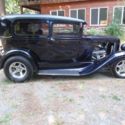 1930 Model A Tudor Sedan Street Rod
1930 Model A Tudor Sedan Street Rod
Mileage: 18,000
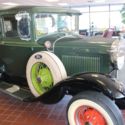 1930 Ford Model A Tudor Sedan
1930 Ford Model A Tudor Sedan
Mileage: 1,789
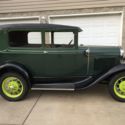 1930 Model A Ford Tudor Sedan
1930 Model A Ford Tudor Sedan
Mileage: 98,000
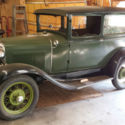 1930 Ford Model A 2 Door Tudor Sedan
1930 Ford Model A 2 Door Tudor Sedan
Mileage: 410
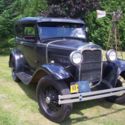 1930 Tudor Model A Ford Two Door Sedan
1930 Tudor Model A Ford Two Door Sedan
Mileage: 9,999
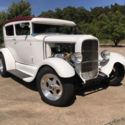 1930 Ford Model A "Tudor" Sedan Street Rod *Custom*
1930 Ford Model A "Tudor" Sedan Street Rod *Custom*
Mileage: 10,490
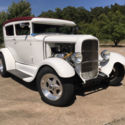 1930 Ford Model A "Tudor" Sedan Street Rod *Custom*
1930 Ford Model A "Tudor" Sedan Street Rod *Custom*
Mileage: 10,490
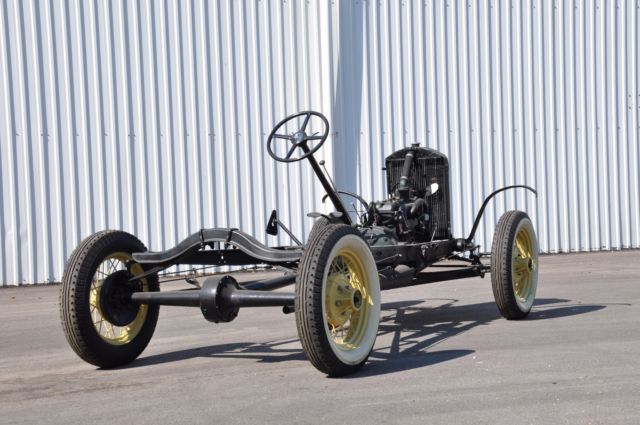
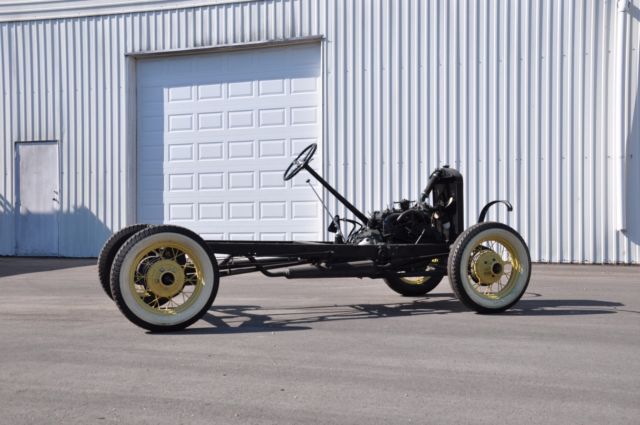
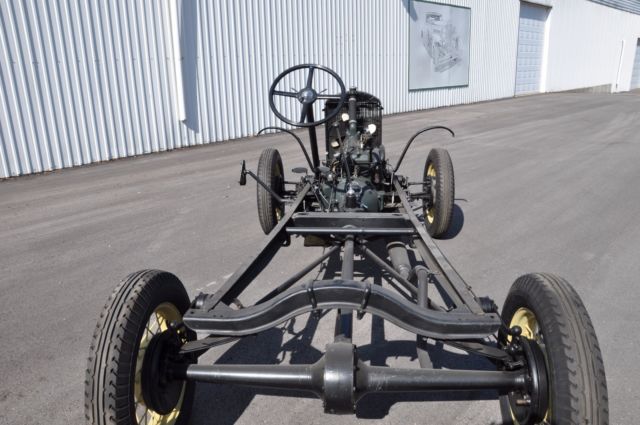
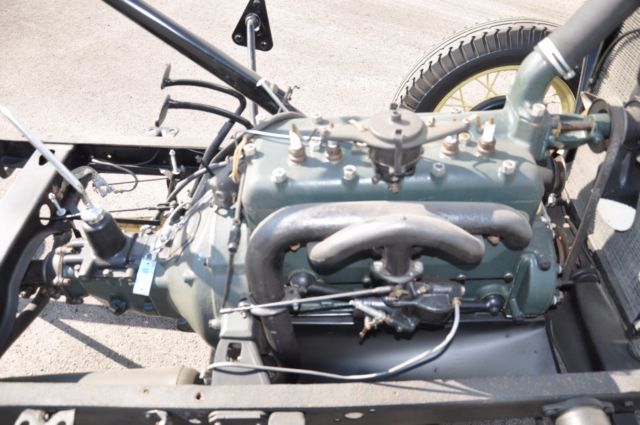
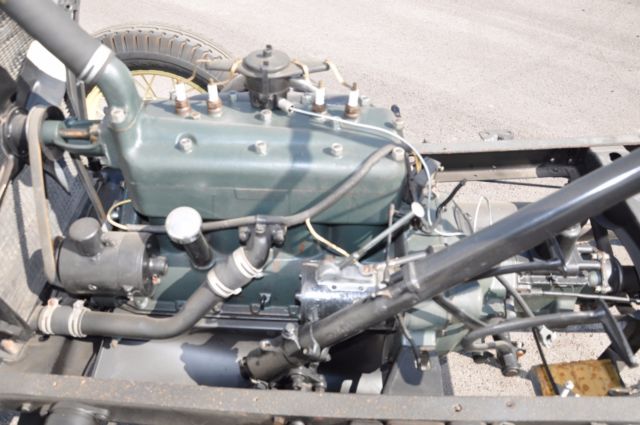
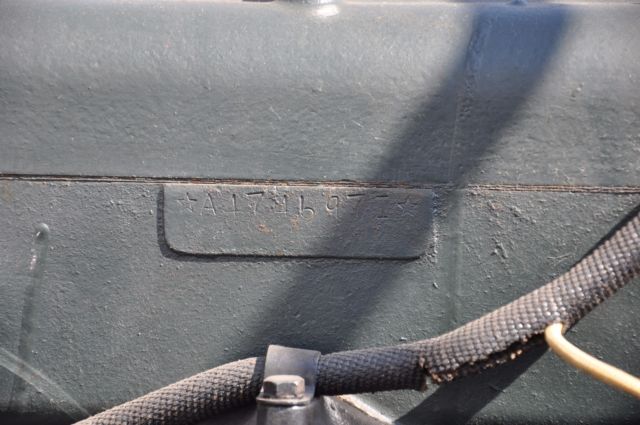
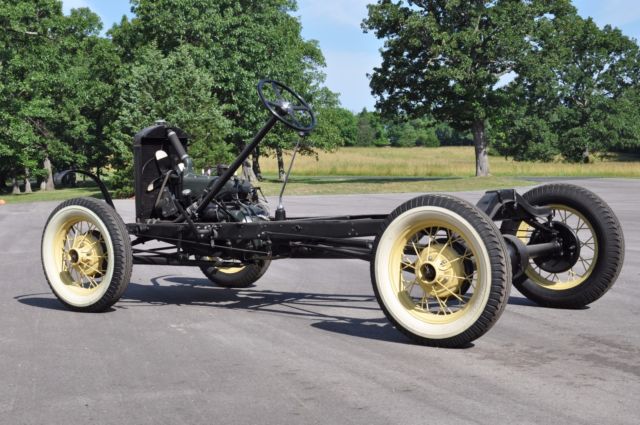
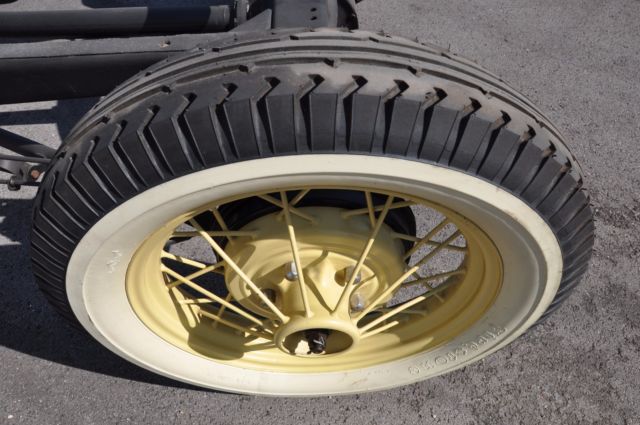
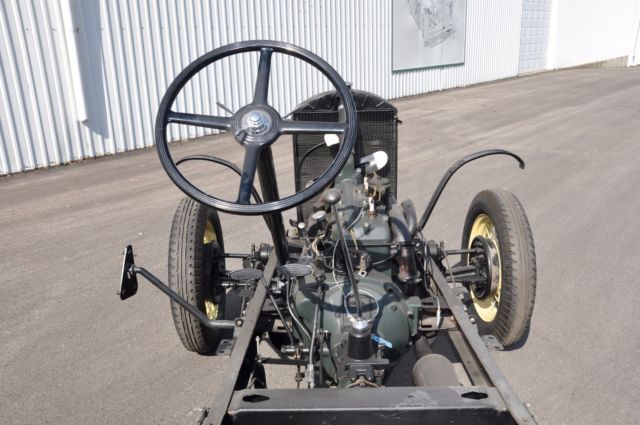
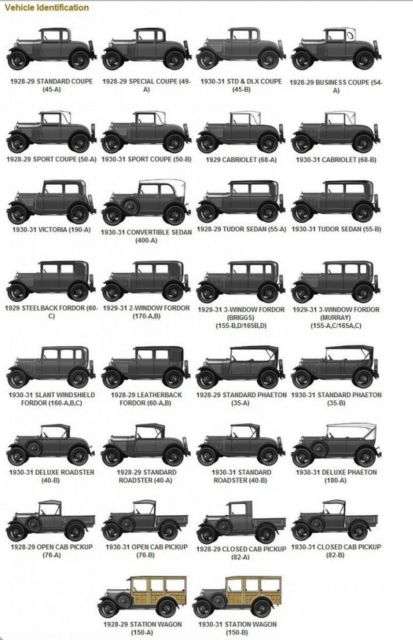
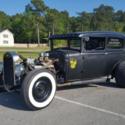 1930 Ford Model A Tudor Sedan - Steel Body Hot Rod
1930 Ford Model A Tudor Sedan - Steel Body Hot Rod